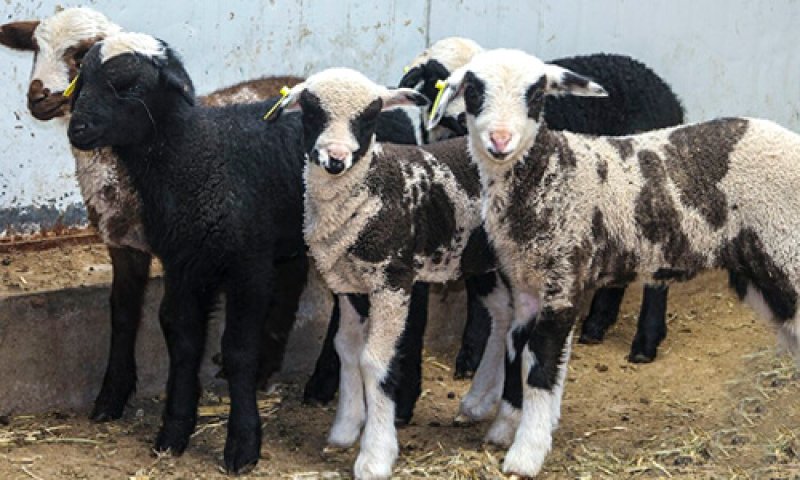Livestock production worldwide generates 14.5% of global greenhouse gas emissions, according to the Food and Agriculture Organization (FAO), including climate-wrecking methane, which is roughly 28 times more potent than CO2 and is produced during the digestion of plant food.
Around 20% of methane emissions from cows are related to the animal’s genetic make-up. It might therefore be possible to soon reduce cattle methane emissions with the help of “gene editing,” according to the US Information Technology and Innovation Foundation.
While the breakthrough has not yet been made in terms of cows, a sheep recently bred in New Zealand emits 13% less methane than the average sheep. The breeders have calculated that if all of New Zealand’s 25 million sheep were replaced with this breed, it could reduce the sheep industry’s methane emissions by up to just 1% annually. But the researchers say it would be “significant” as it accumulates over time.
By inserting genes from other marine fish into the salmon, it not only grows in spring and summer but all year round.
The genetically engineered salmon also reaches its slaughter weight twice as fast as ordinary salmon yet requires one-fifth less feed. About 70% of the fish caught worldwide is currently processed into fish feed. Researchers hope that this proportion could be reduced thanks to bioengineering.































